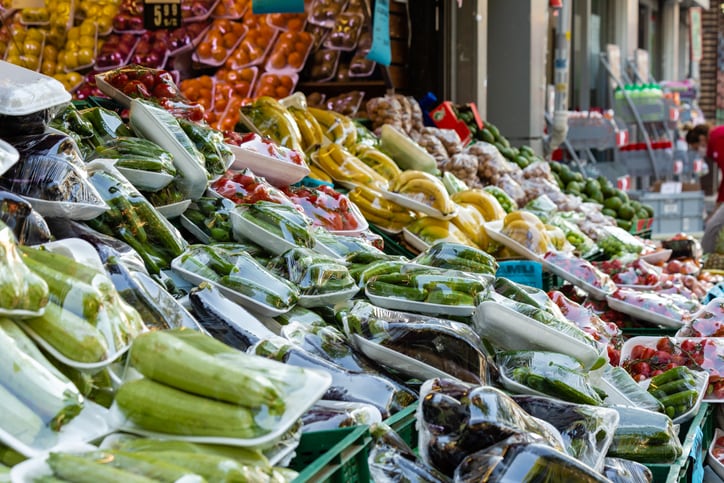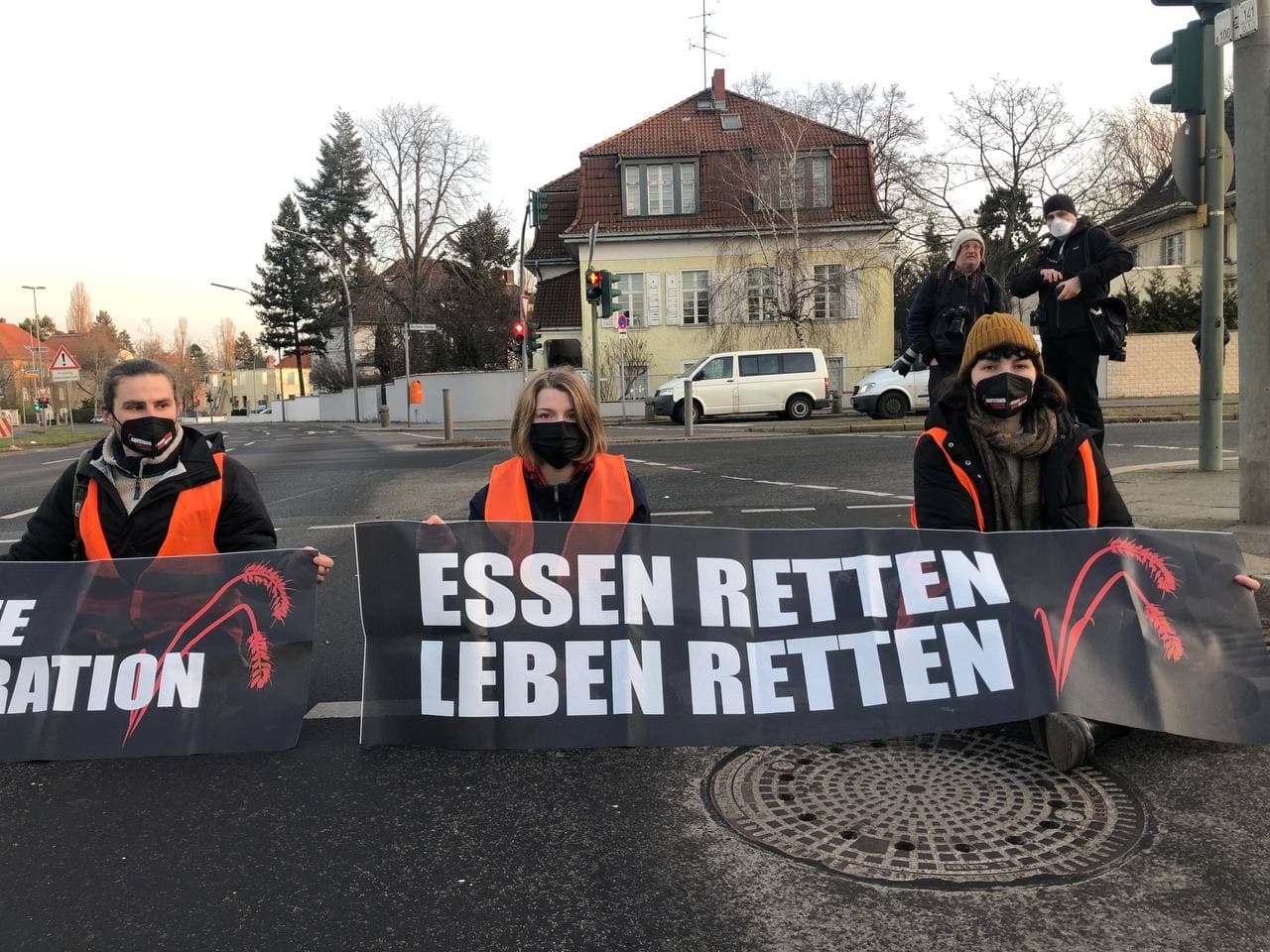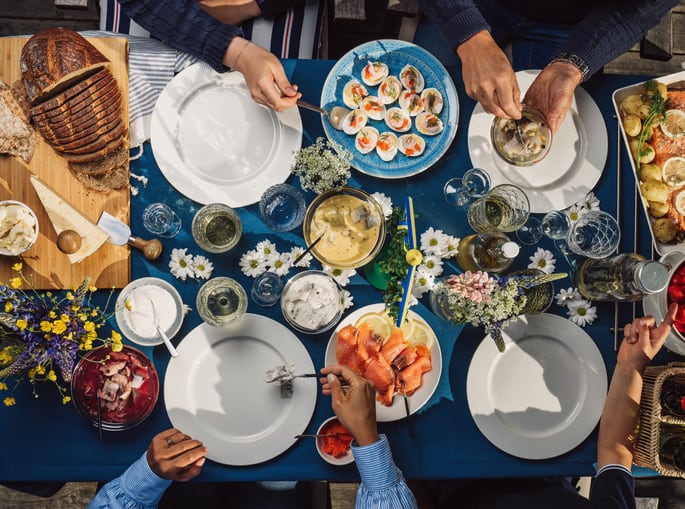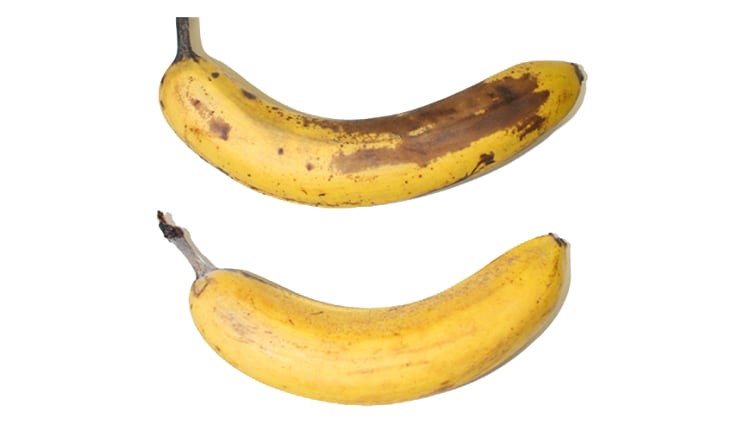An 18-month project conducted by WRAP, with input from industry, examined the link between food waste in the home and the use of plastic packaging. The research also examined the influence of date labels and storage temperatures on food going to waste
WRAP tested five commonly wasted items (apples, bananas, broccoli, cucumber and potatoes) stored in the original packaging and loose and at different temperatures. The charity found that selling the five loose and removing Best Before dates could result in a combined saving of around 100,000 tonnes of household food waste, more than 10,300 tonnes of plastic and 130,000 tonnes of CO2e. This saving comes from both enabling people to buy the right amount for their needs (potatoes, bananas and apples) and to use their judgement to decide when items are still good to eat.
While most supermarkets already sell some items loose, the new research presents compelling evidence for significantly increasing the practice across a wide range of fresh fruit and vegetables, claimed WRAP.
A chilling opportunity
The research confirmed a point WRAP has long promoted - that uncut fresh produce can be good to eat long after the Best Before date and most lasts longer in the fridge. When stored at 4°C, apples, for example, showed no signs of deterioration until two and a half months after their Best Before date and were still good to eat for some time after that. Broccoli showed no signs of deterioration until more than two weeks after the Best Before date.
These new findings have prompted WRAP to reiterate its call (made in 2019) for the removal of Best Before dates from fresh uncut produce wherever possible.
WRAP is now calling on the UK’s major retailers to rethink how they sell uncut fresh produce with three key recommendations:
- Sell loose – where possible, unless it is shown that plastic packaging reduces overall food waste.
- Remove date labels - unless it can be shown that a Best Before reduces overall food waste.
- Refrigerate below 5°C at home – Help your customers understand the benefits of storing appropriate fresh produce in the fridge, set at the right temperature.
Marcus Gover, CEO WRAP said: “This important research could be a game-changer in the fight against food waste and plastic pollution. We have demystified the relationship between wasted food, plastic packaging, date labels and food storage. While packaging is important and often carries out a critical role to protect food, we have proven that plastic packaging doesn’t necessarily prolong the life of uncut fresh produce. It can in fact increase food waste in this case. We have shown the massive potential to save good food from being thrown away by removing date labels.
“We are all living with the reality of the climate emergency and the rising cost of living. This new clarity could not be more timely. We need retailers to step up and follow our recommendations so we can achieve real progress in tackling food waste and plastic pollution. This helps save the planet and us money at the same time – a real win-win.”
WRAP also published an updated list of key plastic items for UK Plastics Pact members to remove as far as possible by the end of 2022. The additional items are:
- Plastic wrapping for multi-sales of tins, bottles, and cartons,
- PVC cling film,
- Non compostable fruit and veg stickers,
- Non compostable tea and coffee bags,
- Single use/single serving plastic sachets/jiggers in restaurant settings,
- and as a longer term goal;
- Plastic packaging for uncut fresh fruit and vegetables unless demonstrated to reduce food waste
Since 2018 when The Pact was launched, members have reported a 46% progress in reducing specific problematic plastic items and a 10% reduction in plastic packaging overall, WRAP claimed.





